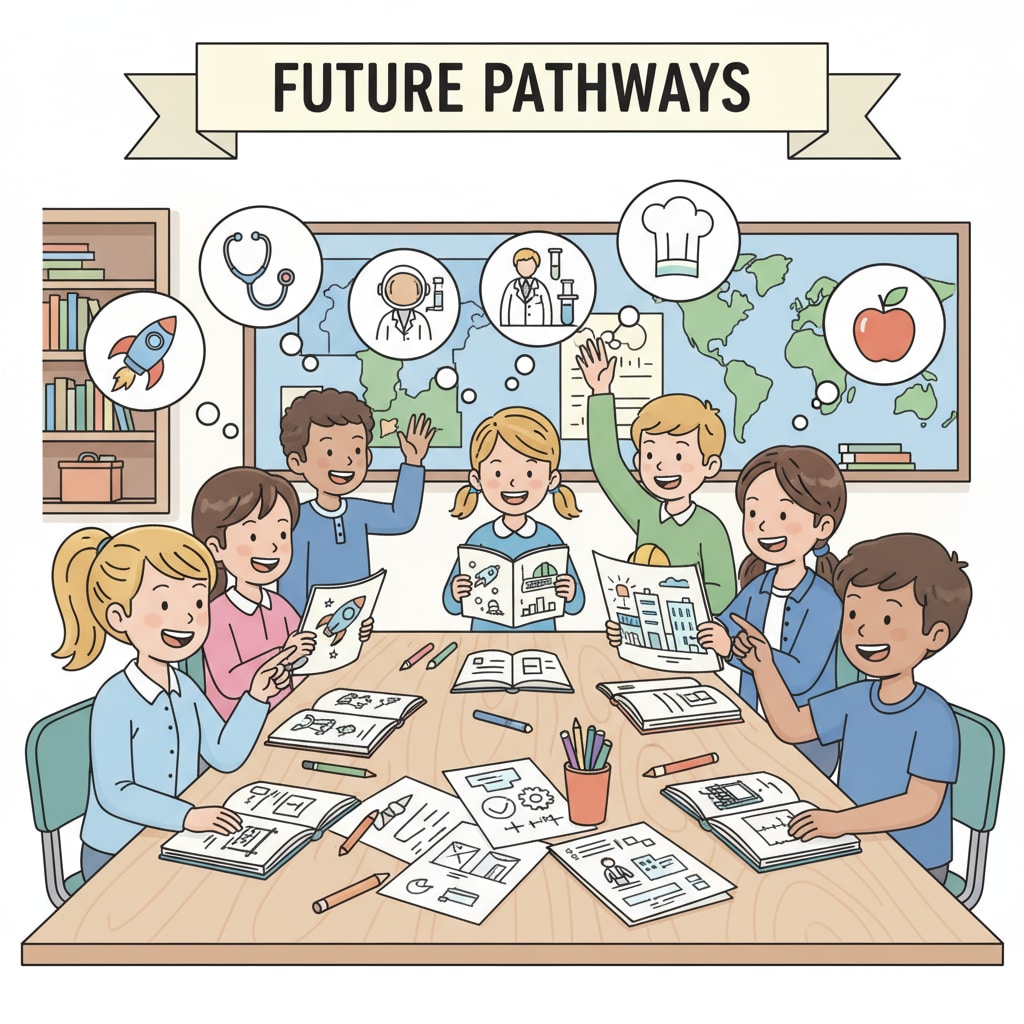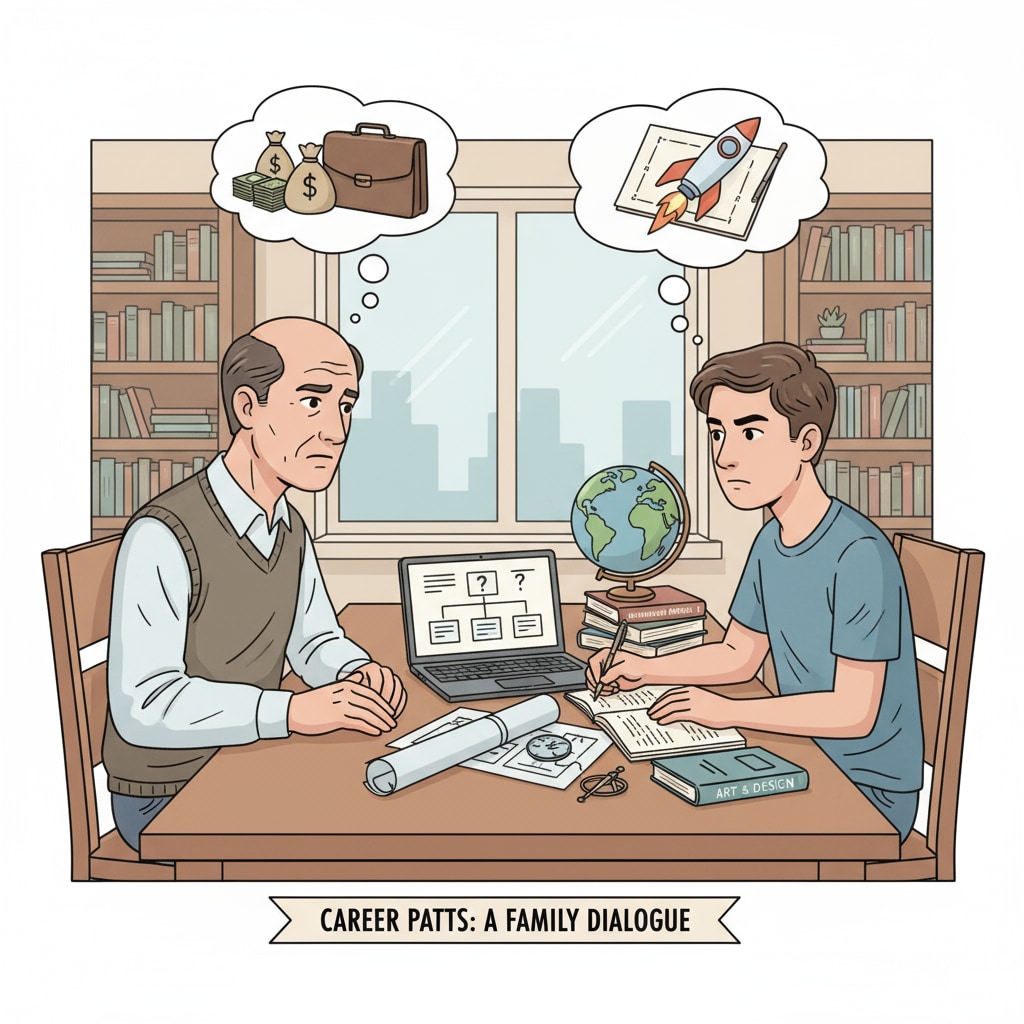Career choices, father-son conflicts, and military careers are themes that often intersect in the lives of adolescents, especially during the K12 education phase. The period of K12 education is crucial for teenagers as they start to explore their interests and envision their future paths. However, more often than not, the aspirations of parents come into conflict with the autonomous desires of their teenage children.

The Struggles of Adolescent Career Decision-Making
Adolescents at this stage are in a state of self-discovery. They are influenced by a variety of factors such as their hobbies, school experiences, and peer interactions. For instance, a student who enjoys solving complex problems in science classes may be inclined towards a career in engineering or research. On the other hand, parents may have different ideas based on their own life experiences, financial considerations, or cultural beliefs. This divergence in thinking often leads to conflicts, especially when it comes to high-stakes career decisions like those related to military careers.
A Real-Life Example of Father-Son Conflict
Take the case of a 17-year-old immigrant teen. This young man has developed a deep passion for the arts, spending countless hours painting and taking art classes outside of school. His dream is to pursue a career in graphic design or fine arts. However, his father, who has served in the military and values discipline and a sense of duty, firmly believes that his son should follow in his footsteps and enter the military. This creates a significant rift between them. The father sees the military as a stable and honorable career path, while the son feels that his creativity and passion will be stifled in such an environment.

This real-life scenario is not an isolated incident. Many parents, like the father in this example, believe they are acting in their children’s best interests by steering them towards certain careers. They may think that jobs in fields like medicine, law, or the military offer better financial security and social status. However, they often overlook the importance of their children’s personal interests and talents.
Adolescent Development on Psychology Today provides in-depth insights into the psychological aspects of this stage. Understanding these aspects can help parents better approach the topic of career choices with their children. Similarly, Career Advice for Teenagers on Education.com offers valuable tips for both parents and adolescents.
To resolve these conflicts, it is essential to promote healthy parent-child communication. Parents need to listen actively to their children’s dreams and aspirations without immediately dismissing them. At the same time, adolescents should also be willing to share their concerns and explain why they are drawn to a particular career path. By having open and honest conversations, both parties can gain a better understanding of each other’s perspectives.
In conclusion, the conflict between adolescents’ career choices and parental expectations, especially in cases of father-son conflicts related to military careers, is a complex issue. But through mutual respect, understanding, and effective communication, it is possible to find a balance that allows teenagers to pursue their passions while still respecting their parents’ concerns.
Readability guidance: By using short paragraphs and lists, we can clearly present the main points. For example, in the section about the real-life example, we list the different views of the father and son. This makes it easier for readers to understand the conflict. Also, by controlling the proportion of passive voice and long sentences, and adding transitional words like ‘however’ and ‘for instance’, the article flows smoothly and is more accessible to readers.


